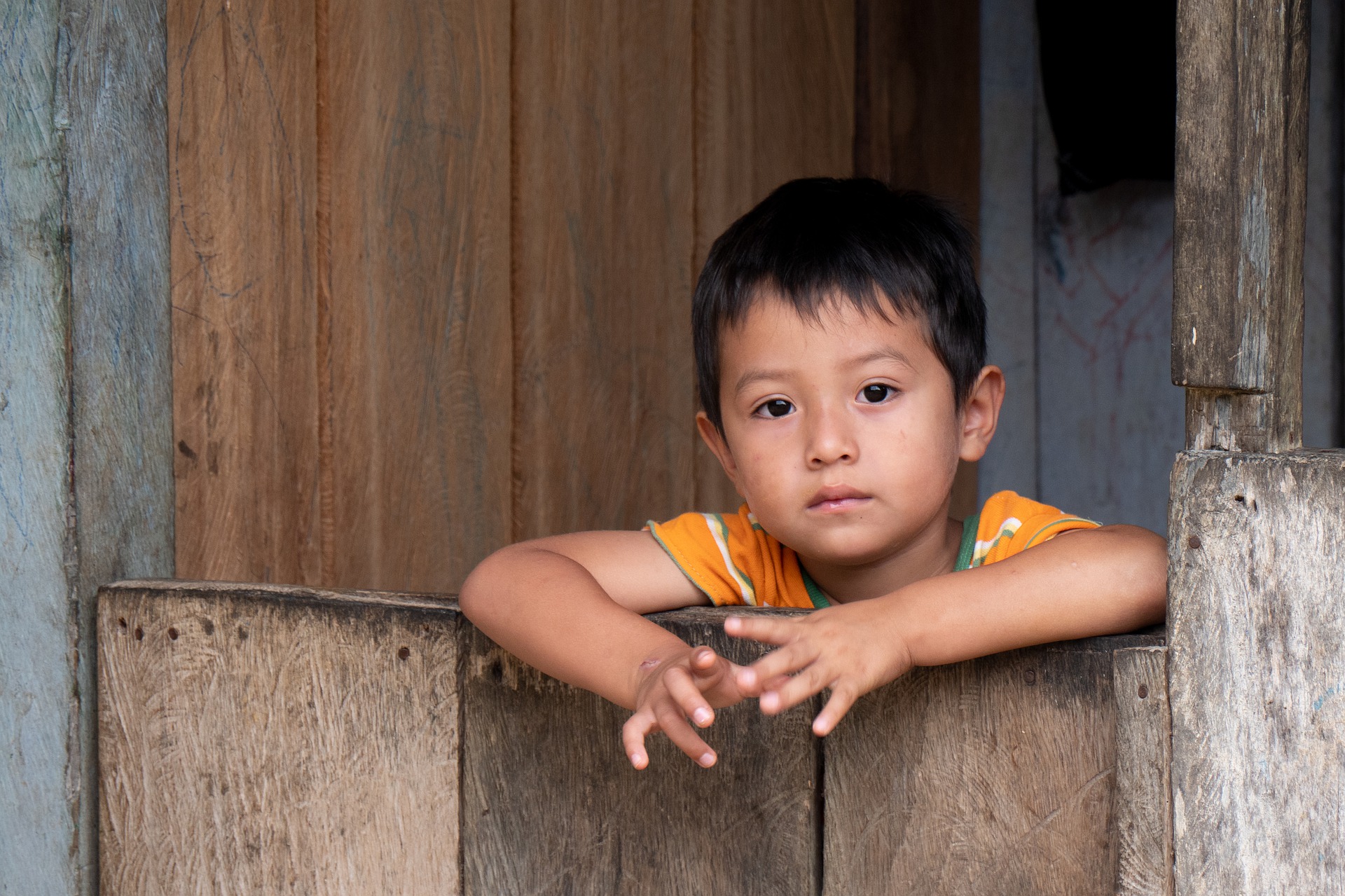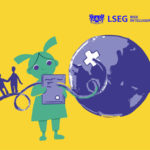
ECtHR rules violation of right to respect for the private life of a national as a child by failing to register their birth and consequent issuance of their identity card
GTB, a Spanish national, was born to his Spanish mother in 1985 in Mexico. His birth was not registered with the Civil Registry in the Spanish Consulate and shortly after he was repatriated to Spain with his mother and brother. GTB’s mother requested for a late birth registration when GTB was twelve years old. Since she was unable to provide the necessary paperwork to register the birth, the process of getting the birth certificate was greatly delayed. Consequently, GBT’s birth was not officially recorded until 2006, at the age of twenty-one. He was then issued with an ID card. Both the GBT’s subsequent legal and administrative actions and his claim for State accountability were dismissed.
GBT filed a complaint with the European Court of Human Rights (ECtHR) regarding the lasting effects of their undocumented status in Spain, including psychological and physical suffering, as well as effects on their private and educational lives. These effects were allegedly caused by the authorities purported failure to uphold their positive obligations under Article 8 ECHR in a situation where, as a child, their right to respect for their private life had been in jeopardy. The complaint was based on Articles 3 (torture, inhuman or degrading treatment or punishment) and 8 (respect for private life) of the Convention and Article 2 (right to education) of Protocol No. 1.
The ECtHR unanimously found a violation of the alleged articles, holding that the Spanish authorities had not fulfilled their positive duty in a timely, sufficient, and appropriate manner. Despite GBT being a child and particularly vulnerable, the authorities remained passive in this matter, beyond insisting that the mother submit the papers, knowing that she had not acted with “due diligence” on previous occasions. This exposed the applicant to the risk of having no identity documents for a long period of time, with no guarantee that further documents relating to GBT’s birth in Mexico would be discovered. Accordingly, in the present case it had been incumbent on the authorities to act in the best interests of the child whose birth registration had been sought to compensate for the mother’s failings and to prevent the child from being left unregistered and hence, without identity documents.
The ECtHR emphasised that “everyone should be able to establish details of their identity as individual human beings” and that “obstacles in obtaining birth registration and lack of access to identity documents resulting from those obstacles could have a serious impact on a person’s sense of identity as an individual human being”, as well as “in a person’s daily life, in particular at the administrative level and educational level”. The Court also referred to General Comment No. 13 (2011) of the Committee on the Rights of the Child on “The right of the child to a life free from all forms of violence”, which clearly indicates that failure to register the birth could be a form of neglect and negligent treatment when those responsible for the child’s care had the means, knowledge and access to services to do so. Thus, the Court considered that the right to respect for privacy under Article 8 should be considered to include, in principle, the individual’s right to birth registration and, consequently, where appropriate, to have access to other identity documents.
CHIP welcomes this decision by the ECtHR, which once again highlights the importance of identity rights, in particular birth registration, considering the long-lasting impact that failure to uphold them can have on all aspects of people’s private lives, especially children.
Source: https://hudoc.echr.coe.int/fre#{%22itemid%22:[%22002-14241%22]}





